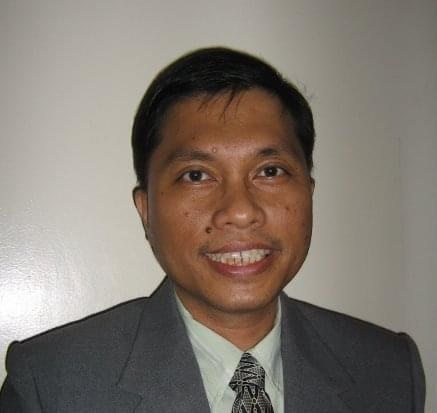OBLIQUE OBSERVATIONS
By Atty. Gilberto Lauengco, J.D.
Politics I: Artificial intelligence and political campaigns
Share
“But in practical affairs, particularly in politics, men are needed who combine human experience and interest in human relations with a knowledge of science and technology.” – Max Born
Recently, there have been some news and features items abroad that featured the growing impact of artificial intelligence (AI) on Political and Campaign Management Operations. First, a political video ad that was allegedly “built entirely with AI imagery” was released in the US. The ad showcased a dystopian vision of America under a second term with President Joe Biden. The video is full of powerful images that show several international and domestic crises that would supposedly arise if President Biden were reelected. The images were sharp, powerful and “photo/video realistic”. Then, there were these disturbing deep fake images on the internet of former President Trump allegedly being “arrested’ and on the run.
These two instances of “political” ads using AI have aroused concerns over the effects and risks of evolving AI tech on politics and information in general. With AI tech developing at warp speed, people fear that there will come a time when AI generated images or videos will be indistinguishable from real ones. For political operators such as myself, these latest examples of AI applications on campaign and social engineering leave us both excited and frightened of this new dawn of tech politics. There is no question about it. The next set of elections worldwide will prominently feature AI applications.
In the Philippines, the use of AI in politics have been mostly in the field of data gathering, analysis and the consequent engagement strategies. AI have been used to filter non-voters in online campaign operations. AI have also been used to identify voter locations, preferences, biases, and emotional buttons which can then be used for targeted group campaigns. AI was also used in survey trend analysis and extrapolation. With the advent of improved tech, it is inevitable that local political and campaign managers will begin deploying and weaponizing these new and developing tech.
The latest AI tech can now be used for targeted individualized engagement using advanced reactive chatbots. One of the pitfalls of human online campaign volunteers is that emotion often seeps into any of their political discourse sessions. We have seen how political discussions in this country degenerate into heated conversations with insults and even curse words thrown into the fray. These conversations are useless and even counterproductive in campaigns. Imagine, however, chatbots conversing with potential voters using persuasion methods adapted to the said voter’s demeanor and proclivities without the disadvantage of distracting emotions. AI can provide a veritable army of soulless, manipulative, patient and relentless non-human “campaign volunteers” who will wear down opposing humans with persistent, measured and kind online rebuttals with the right amount of persuasive verbal push.
The latest deep fake technology to multiple data -- based images churned out in record time can then be added to the mix. By populating group conversations and even individual ones with designed images and ads, the normal channels of traditional political communications can be overwhelmed and buried by an avalanche of AI generated political communicated material.
Does this mean that political strategists and campaign managers are now in danger of being replaced by AI? For now, even the much-evolved AI now are still basically smart tools. Political campaigns will still need lateral thinking strategists and experienced ground campaign managers who can apply AI in the most innovative and efficient manner possible. Even armed with the latest AI tech, an incompetent, tone deaf, and pigheaded so called “communication expert” can still find ways to muck up a campaign.
This is my oblique observation.
Editor’s note: The opinions expressed in the foregoing article are solely the author’s and do not reflect the opinions and beliefs of the Philippine News Agency (PNA) or any other office under the Presidential Communications Office.
Comments
About the Columnist

ATTY. GILBERTO LAUENGCO, J.D. is a lawyer, educator, political strategist, government consultant, Lego enthusiast, and the director of CAER Think Tank. He is a Former Vice Chairman of MECO, Special Assistant of NFA and City Administrator among others. His broad experience has molded his unique approach to issues analysis which he calls the oblique observation.
